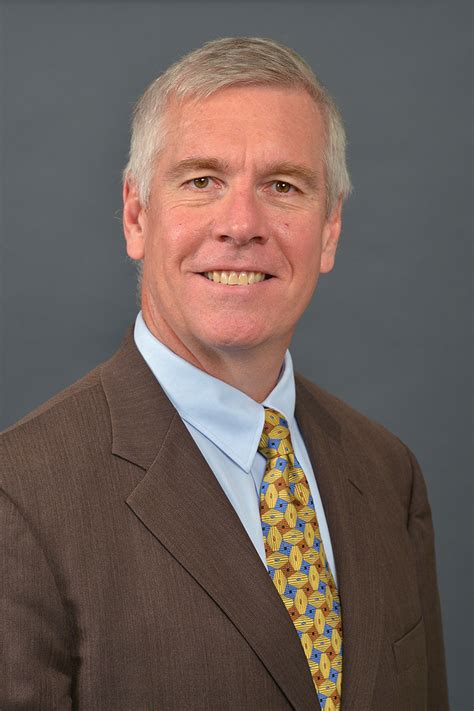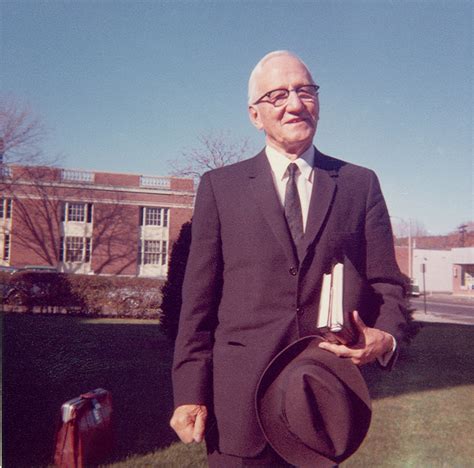A Quote by Terri E Apter
Adolescents, for all their self-involvement, are emerging from the self-centeredness of childhood. Their perception of other people has more depth. They are better equipped at appreciating others' reasons for action, or the basis of others' emotions. But this maturity functions in a piecemeal fashion. They show more understanding of their friends, but not of their teachers.
Related Quotes
To be politically activated is to dare to care about the happiness of others and that is just about the most important activity anyone can be involved in at this time, because it changes a person - it lifts them from normal self-centeredness to a state of other centeredness. That is a good thing because it expands our perception of self. This expansion of consciousness leads to enlightenment, which is the meaning of yoga.
Adolescents swing from euphoric self-confidence and a kind of narcissistic strength in which they feel invulnerable and even immortal, to despair, self-emptiness, self-deprecation. At the same time they seem to see an emerging self that is unique and wonderful, they suffer an intense envy which tears narcissism into shreds, and makes other people's qualities hit them like an attack of lasers.
Gratitude is a mindful awareness of the benefits of life. It's the greatest of virtues. Studies have linked the emotion with a variety of positive effects. Grateful people tend to be more empathetic and forgiving of others. People who keep a gratitude journal are more likely to have a positive outlook on life. Grateful individuals demonstrate less envy, materialism, and self-centeredness. Gratitude improves self-esteem and enhances relationships, quality of sleep, and longevity.
Understanding of the self only arises in relationship, in watching yourself in relationship to people, ideas, and things; to trees, the earth, and the world around you and within you. Relationship is the mirror in which the self is revealed. Without self-knowledge there is no basis for right thought and action.
Selfish is an exploitation of others for self; selfless is an exploitation of self for others. Both are extrinsic. ..... Selfness. When selfness prevails, the qualities of others are sometimes used for self and the qualities of self are often extended to others. The basic and key difference is that exploitation is never the object of the outcome.
Don't wait for some miracle to be performed on you from without, lifting you above your fears and doubts and self-centeredness. You help God from within by turning in outgoing love to others, and miraculously your fears and doubts and self-centeredness will vanish. The miracle starts within, not from without.
We have the need to be accepted and to be loved by others, but we cannot accept and love ourselves. The more self-love we have, the less we will experience self-abuse. Self-abuse comes from self-rejection, and self-rejection comes from having an image of what it means to be perfect and never measuring up to that ideal. Our image of perfection is the reason we reject ourselves the way we are, and why we don't accept others the way they are.
So much of the world's suffering results from the sinful action or inaction of ourselves and others. For example, people look at a famine and wonder where God is, but the world produces enough food for each person to have 3,000 calories a day. It's our own irresponsibility and self-centeredness that prevents people from getting fed.
The whole story of the Father's Christ-exalting plan of redeeming love, from eternity to eternity, must be told, or the radical reorientation of life for which the gospel calls will not be understood, and the required total shift from man-centeredness to God-centeredness, and more specifically from self-centeredness to Christ-centeredness, will not take place.





































